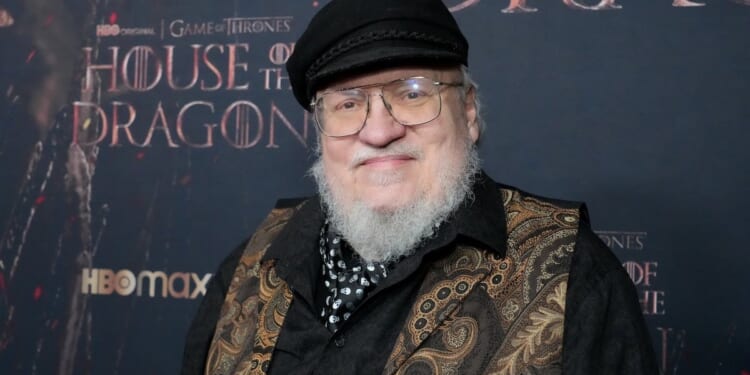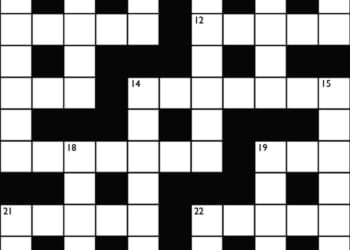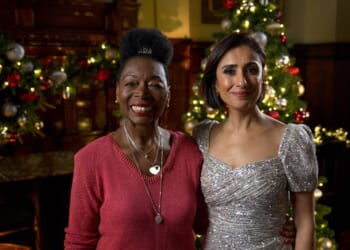“Game of Thrones” creator George R.R. Martin won the first battle in his quest to sue OpenAI for copyright infringement. Earlier this week, a federal judge ruled that a class-action lawsuit against OpenAI can proceed with two additional theories of infringement.
U.S. District Judge Sidney Stein said that a ChatGPT-generated concept for a book in Martin’s “A Song of Ice and Fire” series could infringe on the author’s copyright. The “Game of Thrones” writer and several other Authors Guild members, including John Grisham and Jonathan Franzen, filed a lawsuit against Sam Altman’s LLM company two years ago.
In an 18-page ruling from the Manhattan federal court, the judge wrote, “A reasonable jury could find that the allegedly infringing outputs are substantially similar to plaintiffs’ works.”
There are several potential avenues to a win. First, the authors claim that artificial intelligence companies using copyrighted work without permission count as infringement. The second, more recent argument relies on the theory that OpenAI downloads copyrighted books from “shadow libraries,” and that this act is a form of piracy even if the titles are used for training and aren’t being reproduced or sold.
Per The AV Club, this same argument was presented in a case brought by authors against the company Anthropic, and ultimately, it was determined that the AI company’s actions were covered under fair use laws.
Anthropic later agreed to pay $1.5 billion to settle the lawsuit despite the court’s ruling. The same attorney in that case, Justin Nelson, is now representing Martin and the others, per The Hollywood Reporter.
A third theory holds that the product created by ChatGPT is too similar to Martin’s published work and is therefore a violation of copyright.
An AI-generated summary of “A Song of Ice and Fire” says: “Members of the Night’s Watch, a sworn brotherhood tasked with defending the realm from threats beyond the Wall (a giant ice structure in the North), are attacked by mysterious and deadly creatures known as the White Walkers, thought to be mere legends.”
The court determined that a reader could “easily conclude that this detailed summary is substantially similar” to Martin’s actual books because the ChatGPT version “conveys the overall tone and feel of the original work by parroting the plot, characters and themes of the original.”
















